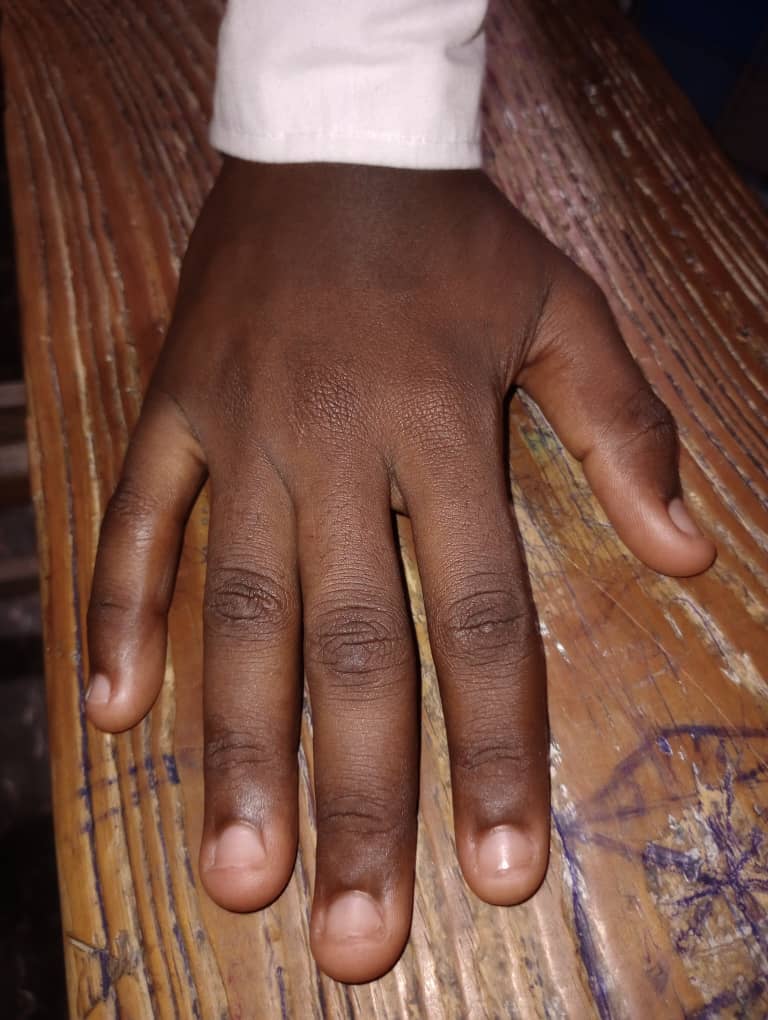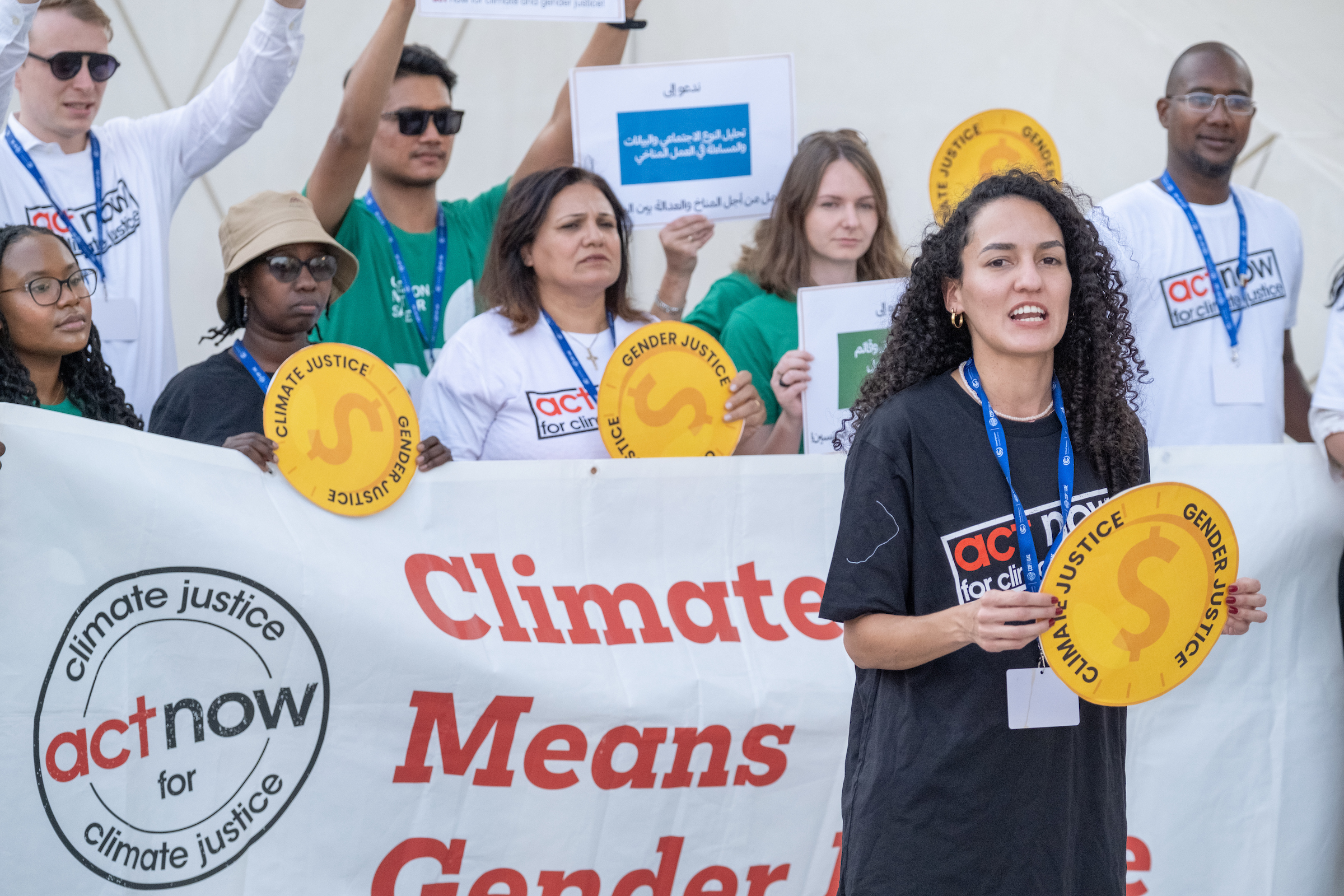ACT member FinnChurchAid (FCA) is working in Sudan to support conflict-affected communities.
FCA runs an EU Humanitarian Aid-funded project to support children and their families in the Fangak region to access quality education and livelihoods.
Text & interviews by Ulriikka Myöhänen
Additional interviews by Björn Udd
Photos by Antti Yrjönen
THE COCK CROWS at five in the morning. Trees and flowers rustle as the deep black night lets go of its grip and the sun peeks through the sky.
In New Fangak, Bichul Kuon, a village community wipes the sleep from its eyes. 16-year-old Nyaluit Tang Chuol changes clothes and then digs out a stack of books. Chuol’s father waters his small vegetable garden, her mother lets out chickens that have spent the night in their coop and they scratch across the yard.
After six o’clock, the sun has turned into a warm yellow spot on the horizon, and Chuol sets off to lead her siblings through the village and towards the school. The land is dry with grass, bushes and low trees growing here and there. Crickets are chirping.
Soon more children join the group, and Chuol’s friend, 15-year-old Nyatiem Lam Lok, also joins the group from the back. The children shout greetings to each other in Nuer.
“Male!” (Meaning: “Hi!” Literally: “is there peace?”)
“Male mi goa?” (Meaning: “How are you?” Literally: “Is there a good peace?”)
When the party has gone on for ten minutes, the children stop and take off their long pants or raise the hem of their skirts. This is where it begins, perhaps one of the most extraordinary school trips in the world.
The swamp stretching out before us seems to sigh: “come, children, I will do my best to carry you.”
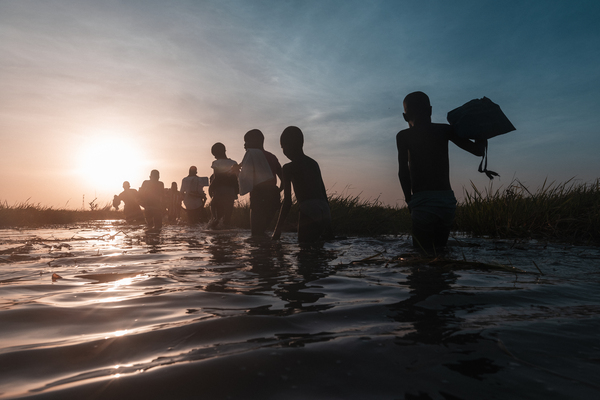
Located in the north of South Sudan, close to the Sudanese border, al-Sudd marsh is one of the largest swamps in the world, drawing its moisture from the White Nile and rainfall. The size of the swamp varies according to the season. In the dry season, the swamp can cover an area about the size of Estonia (45 339 square kilometres), while in the rainy season the swamp grows to up to twice as much.
The Arabic name al-Sudd refers to an obstacle, and that is what the swamp has proved to be for many throughout the ages. The mighty mire has cut off the journey of inexperienced travellers since the days of the ancient Egyptians or the Roman Emperor Nero’s exploration through Africa. The challenges continued centuries later, when explorers in the 19th Century continued to search for the source of the Nile.
On the other hand, the difficult terrain of the marsh has also provided shelter for those who know it. The last time this happened was during South Sudan’s brutal civil war (2013–2020). Then the population of the swamp area increased tenfold in some places, because in the complex network of bogs refugees felt safe from attacks.
At first glance, it seems that the swamp is not easy to read. It’s like a self-contained, stubborn prince of an illustrious family. It is haughty, a little arrogant and often full of surprises. But as you get to know Prince al-Sudd, you begin to understand his tricks.
The cadre of schoolchildren on their way to school seems to know the vagaries of the swamp like the back of their hand.
At the start of the journey, the water is half up to your shins and the slippery mud sucks on your feet up to your ankles.
Then it gets deeper. The youngest children reach over their heads with their schoolbooks as the water reaches their waists and even their armpits.
Fortunately, it’s not cold. The thermometer reads thirty degrees Celsius, and in these conditions the water just feels refreshing.
“I always concentrate on the books so as not to drop them in the swamp,” Chuol later explains.
“I dropped a book once,” Lok reveals, and continues, “The teacher gave me a warning and told me to take better care of my things. My parents also scolded me and reminded me that we cannot afford to buy new books.”
The school goers tell us that the depth of the swamp is a real challenge on the way to school. The situation is better now in March than it will be during the imminent rainy season. The only way to get around the swamp then is by canoe, which few families can afford. During the rainy season, children compete for school transport from local fishermen.
On the way to school, children are tormented by mosquitoes. Chuol says that her skin is often also damaged by the swamp vegetation, especially on the feet. After crossing the swamp, she often has nicks and small cuts.
But there are bigger dangers lurking along the way. Children warn each other not to go too deep into the grassy mounds. The Al-Sudd swamp is home to a wide variety of poisonous snakes and even crocodiles. It is common to see a long, thick-legged serpent swimming away at speed from a boat’s bow in the rivers that crisscross the swamp.
Despite the risks, the children soldier on. The sun is climbing higher and higher, and the school day is about to begin.
Nyaluit Tang Chuol, 16, is motivated to go to school. She is doing particularly well in English. Chuol hopes that education will enable her to live without depending on others for help.
The flood took our school
Finally, the schoolchildren emerge from the watery marsh onto the shore, put on the clothes they had taken off earlier and rinse their feet clean of mud. The last part of the journey is a walk of about a quarter of an hour through a dry, cracked plane. Spiky bushes grow everywhere and leave their thorns clinging to trouser legs, skirt beads and shoes.
Chuol and Lok say that their journey to school has been an hour-long slog like this for years. Four years ago, New Fangak was hit by a huge flood that washed away a school building built near the river.
Due to the flooding, the school site was moved further away from the river, significantly increasing the children’s journey to school. A new school building was never built. On this Monday morning in March, pupils are carrying chalkboards under the few trees that can grow from the dry soil.
“Teachers make the school. As long as you have a good teacher, you can have a school. A classroom without a teacher is not a school,” says Chuol, who says she herself dreams of becoming an English teacher.
FCA pays Gutyiel Lony Gutluuk and other teachers a fee. Many teachers also fish and farm to support their families.
But teachers in New Fangak are in a difficult situation. One of these is that their salaries are often only sporadically paid since South Sudan descended into civil war in 2013.
FCA receives European Union Humanitarian Aid funding for a project that supports Chuol and Loki’s school not only with teaching materials, but also by paying teachers a monthly stipend of 35 000 South Sudanese pounds (about 20 US dollars at March 2024 exchange rates). This is helpful, but too small. Locals estimate that a monthly income of around USD 100 would provide a good living. Many teachers fish and farm alongside their teaching work to support themselves and their families.
“Many South Sudanese children go to school in neighbouring countries, but not all families can afford it. We want to provide the opportunity for education in our own village, so that our community can develop,” says teacher Gutyiel Lony Gutluuk.
Conditions at the school are challenging, as reflected in the declining numbers of pupils. In 2023, the school had around 800 pupils, compared to around 500 today.
The main obstacles to an even somewhat normal school life are the lack of buildings combined with extreme weather events. When the rainy season starts, students and teachers have no roof to shelter under. What was cracked clay soil during the dry season, becomes treacherous mud when the rain falls. Who wants to study or teach up to their waist in mud and with a torrential downpour coursing down their neck?
School days are also made challenging by the lack of toilets and the fact that the nearest water source, a river, is a long walk away. The extreme conditions affect all aspects of daily life. Teachers tell us that just a few months earlier, children would not come to school because their families did not have enough food.
Despite the difficulties, teachers have reason to be proud of their students. Last year, all the school’s pupils passed the national exams, some even with distinction. Going to school feeds young people’s dreams.
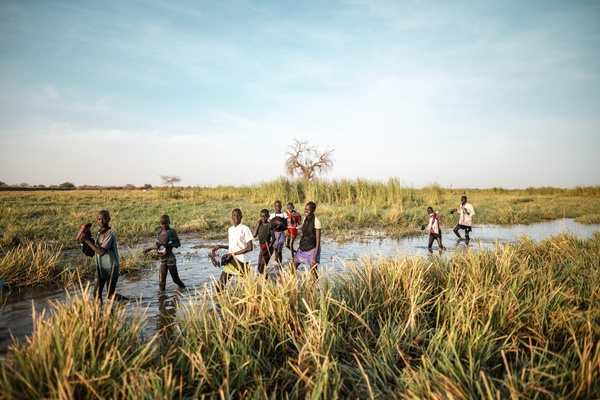
THE EXTREME NATURE of the weather becomes more intense as the school day progresses. In the first hours of the morning, a slight breeze sweeps across the tundra, but the higher the sun climbs, the less shade the trees provide for the groups gathered under them.
Children have been sitting on the stools they have brought with them for several hours when the temperature exceeds 40 degrees Celsius. It’s time for a drink break. They dig out bottles, cups and old coffee cans that can be used as drinking vessels and, led by their teacher, head for the river.
“My goal is to be able to manage in the future without having to depend on others,” says Chuol.
Twenty minutes later, the flock arrives at the bank of the river. The water is brown next to the shore, but some of the children wade into the water, wet their hands and faces and fill their drinking bowls, drinking greedily.
“Going to the river and taking water is a risk. We can’t see what’s underneath the surface. There could be sharp things, snakes or even crocodiles.” says Lok.
Chuol says she once saw a crocodile at the watering hole.
“I was really scared and ran away.”
Drinking direct from the river is also a daily risk for schoolchildren, where debilitating diarrhoea and other water-borne diseases are commonplace. On the other hand, a drinking break may be the only thing that keeps children on their feet through a hot school day.
The girls have a wish: a clean water borehole. It would make life easier.
Families start to send daughters to school
The school day in New Fangak ends at noon when the heat becomes unbearable. Hunger drives Chuol and Loki through the swamps back to their home village of Bichul Kuon. There, the girls eat their first meal of the day, a lunch that their mothers have prepared by the end of the school day.
Come evening, Chuol’s father, Tang Chuol Koryom, is back to what he was doing the morning after the children left for school: watering his small garden, where he grows okra, tomatoes and beans.
The vegetable garden is currently Koryom’s only means of supporting his school-going children. It is where the family gets the ingredients for their daily meals, and the rest of the harvest is sold on the market. Four years ago, the family also owned cattle, but the animals drowned and disappeared in the flooding.
Chuol and Lok dream of becoming highly educated but eventually returning to their home village.
Neither of Chuol’s parents has any education. In general, the level of education in the New Fangak region was very low before the civil war. In the last ten years, more and more families have started to send their daughters to school, not only because of the advocacy work of the organisations, but also because there is a school nearby that provides educational materials for its students.
Choul has done well in English. Koryom says he is particularly proud of this.
“I can’t write myself and I don’t have any special skills. I hope my children’s path will be different than mine,” he says.
Are parents afraid of their children’s dangerous journey to school?
Koryom admits that crossing the swamp is a challenge, but says he would be more afraid to put his children on a bus trip to the city.
“There are no car accidents here because we don’t have cars. I am not afraid for my children.”
AND WITH THAT, the school day ends. The al-Sudd swamp is indeed difficult and ruthless, but everything is relative. As well as being unpredictable, the stubborn prince has his charms.
From the high heather on the shores, lanky herons and African Jacanas take flight. Blue and purple water lilies dot the waterways, and tree trunks curl skywards like royal sceptres. In the rivers, children and adults alike bathe in the heat of the day and chuckle cheerful greetings to boaters. For many, the fishing rivers also provide a daily meal.
Everyday life is modest, but for the inhabitants of the swamp, it is often the only life they can imagine.
“If I go to university, I will have to move away for four or five years. But when I finish my studies, I will return home to develop my community,” Lok plans.
Chuol also dreams of completing as much education as possible but eventually returning home.
This is good news for the village.
Stephen Chan, an FCA education mentor working in South Sudan, was also interviewed for this story.


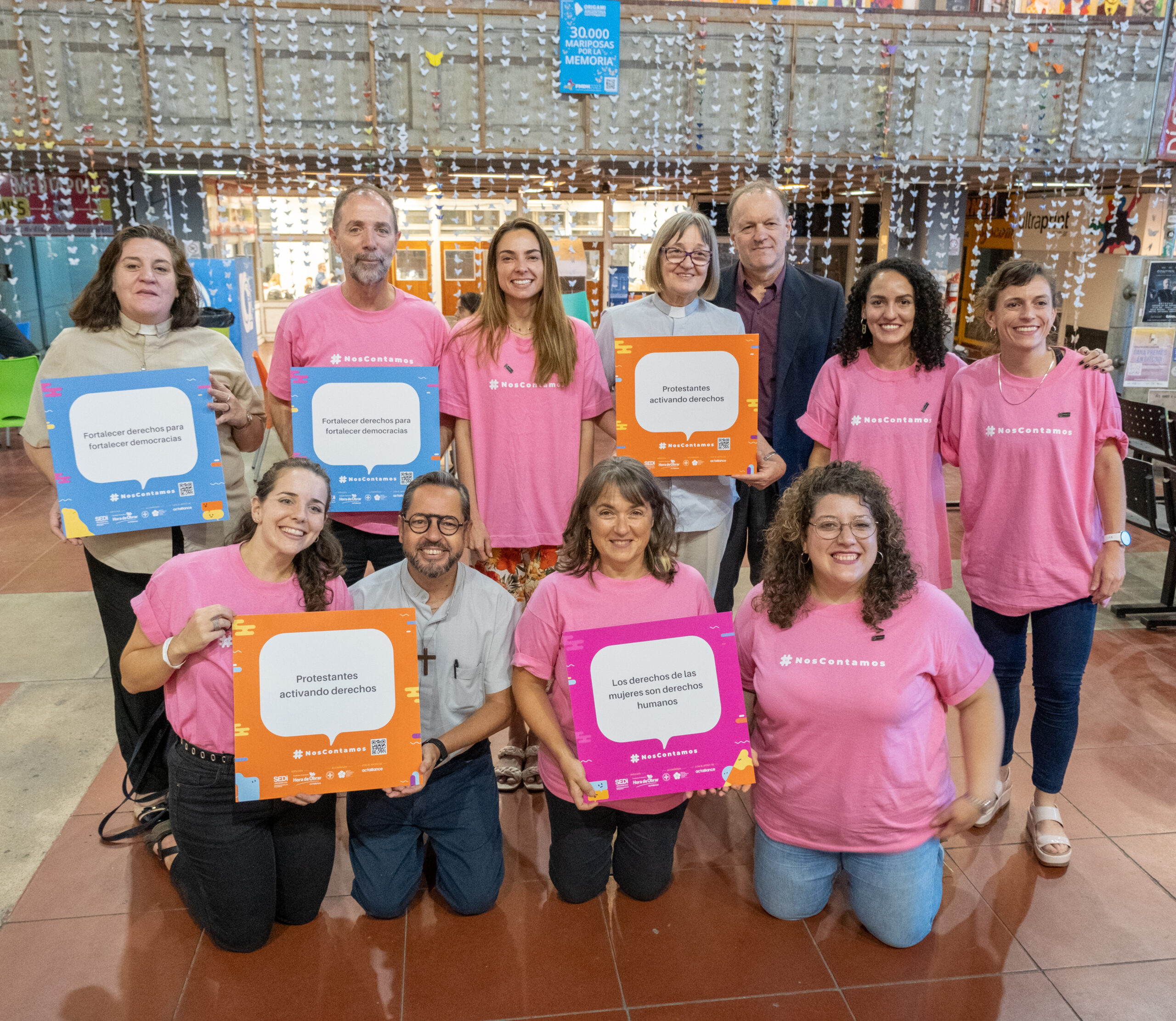
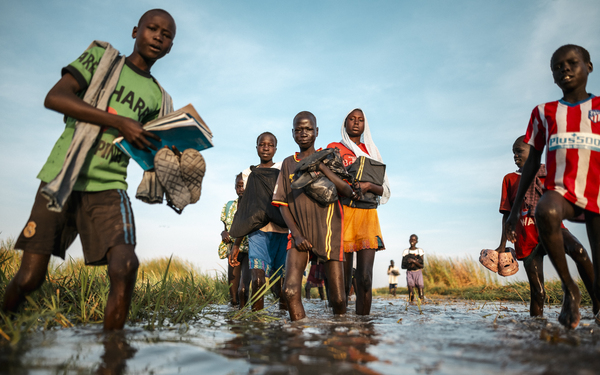


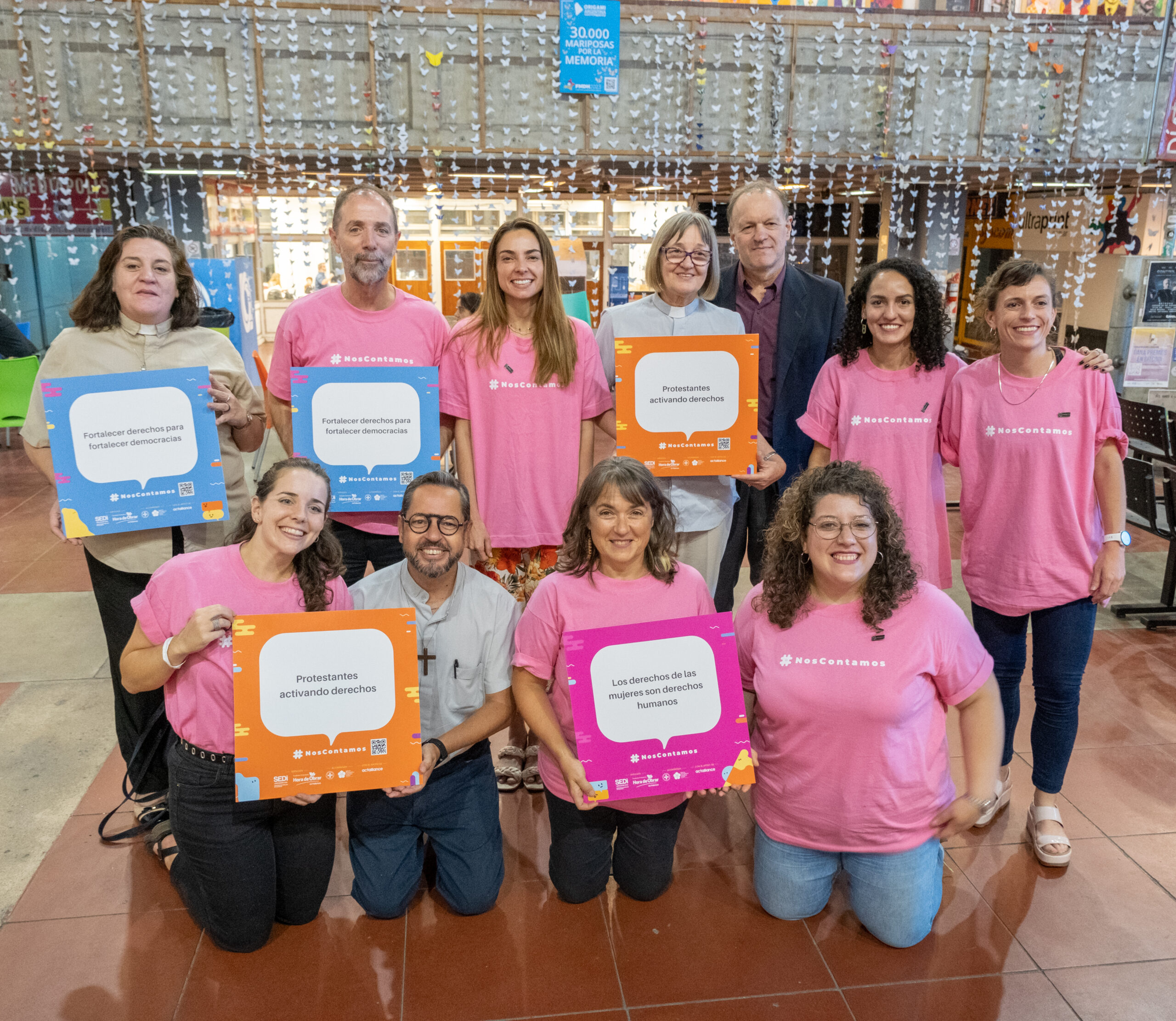
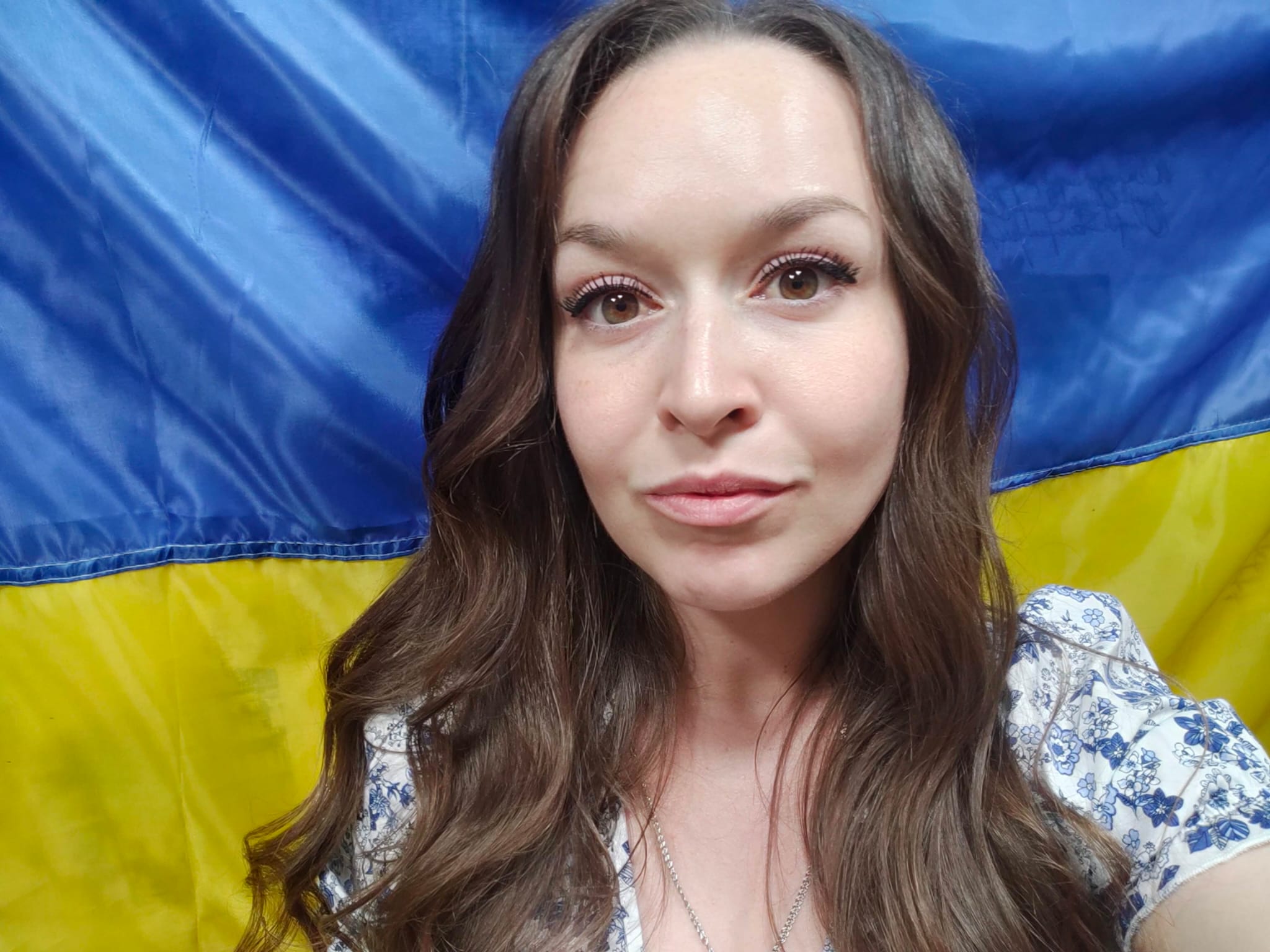 INTERVIEWED BY KLÁRA JIŘIČNÁ
INTERVIEWED BY KLÁRA JIŘIČNÁ